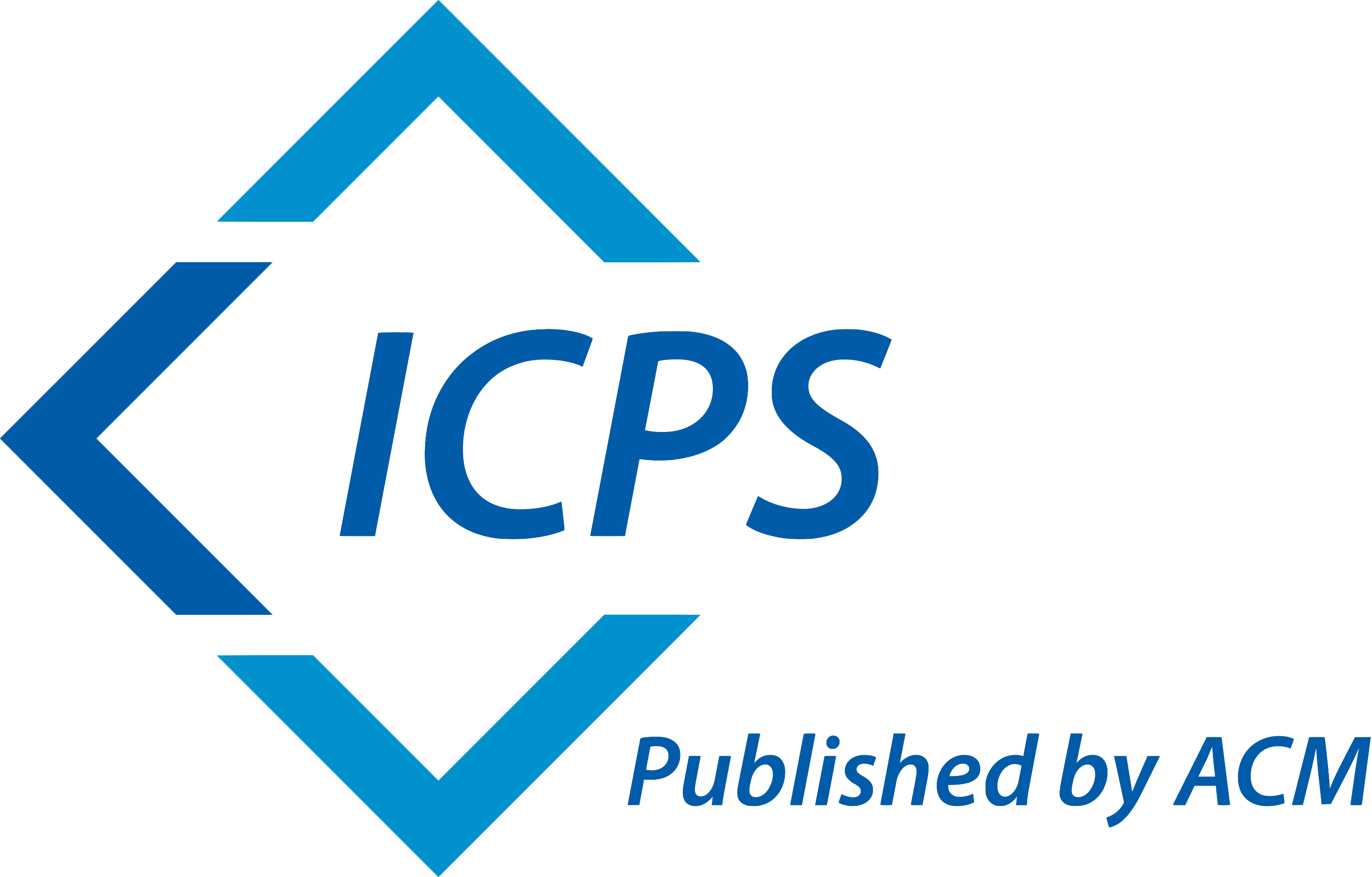Monica McGill, Institute for Advancing Computing Education, USA
Exploring the Impacts of Socio-Political Power Dynamics on Primary and Secondary Computer Science Education Researchers, Practitioners, and Students
Abstract The landscape of education research and practice is undergoing significant socio-political transformation, driven by evolving heightened awareness and perceptions of what is meant through efforts to ensure that all students benefit from education. This keynote explores these changes in the context of primary and secondary computer science education. By analyzing policy shifts, advocacy movements, and grassroots initiatives, we uncover the ways in which education systems are being restructured and how this restructuring may influence future innovation and workforce development. Additionally, this keynote highlights the challenges and opportunities faced by researchers and practitioners in navigating these dynamic environments.

Short Biography After working as a computer scientist in government and industry, Monica McGill spent over 15 years in academia teaching computer science and game design, receiving tenure twice at different institutions, before founding the non-profit Institute for Advancing Computing Education (formerly CSEdResearch.org). She has served as the ACM-W North America inaugural chair, Computer Science Teachers Association board member, Sjögren's Foundation board member, and member of IEEE and the American Society for Engineering Education (ASEE); and she is an active member of the ACM community, serving on various conference committees and supporting other educators and researchers through her work. She builds her research on her experiences as a professional in the field and as a researcher focused on recognizing the need for all students to learn about computing as well as its impact on their lives, knowing that different teaching pedagogies impact students differently.
Linda Mannila, University of Helsinki, Finland
Co-Designing AI literacy for K-12 Education
Abstract Today’s children are the first generation to grow up with AI as a natural part of their daily lives. While they benefit from the opportunities AI brings, they also face AI-related risks such as privacy invasion, exposure to biased or harmful content, manipulation through personalized advertisements, and potential dependency on AI for decision-making. Consequently, AI literacy is becoming an essential component of modern education. However, AI remains an unfamiliar topic to most people and is a moving target due to fast development. Determining what non-experts need to know about AI is therefore not straightforward, and the answer varies based on the educational context and level. This keynote begins by exploring the challenges of introducing AI literacy in K-12 education, drawing on insights from previous computing-related K-12 curricular reforms. It then presents a four-stage process of co-creating AI lesson plans with students, teachers, and teacher trainers in Finland. Finally, it discusses the lessons learned and future ideas for AI in K-12 education.

Short Biography Linda Mannila is Associate Professor in Computer Science at the University of Helsinki, Finland and Adjunct Associate Professor in Computer Science Education at Linköping University, Sweden. She has led several research projects related to programming, making and AI at K-12 level, and has written two textbooks on programming for K-12 teachers. Her current research interests include AI in education, with particular focus on AI literacy from a student, teacher and organisational perspective. She currently also leads NordicEdAI, a cross-Nordic interdisciplinary network on AI in education.





